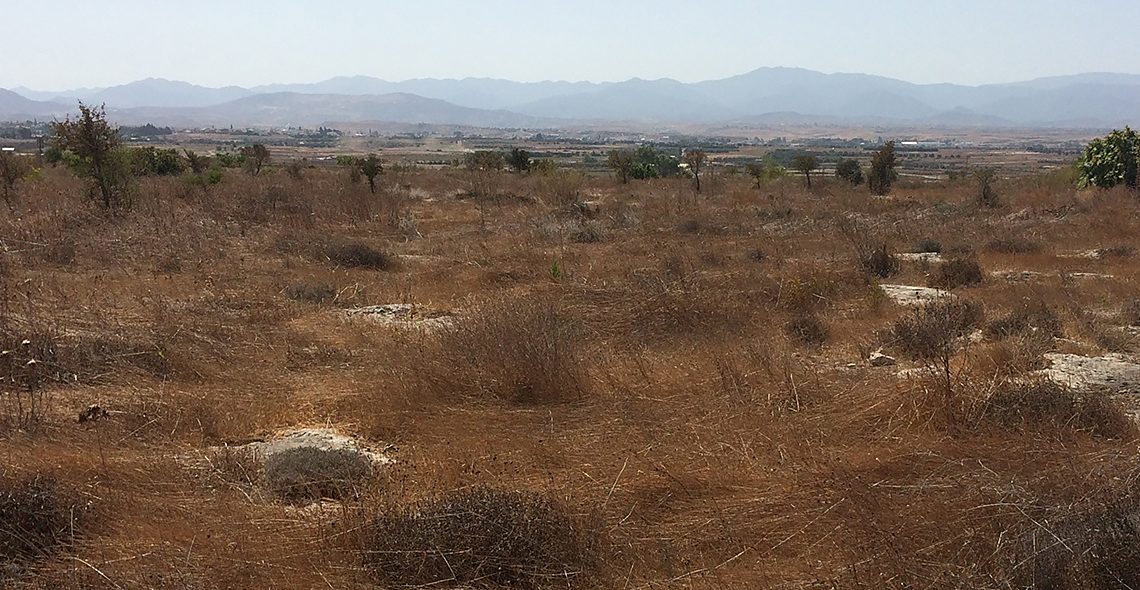The French cultural heritage code strictly frames the use of metal detectors in order to prevent looting of archaeological sites.
Detectorists, however, constitute powerful lobbies, which are very active on the social media. They often found a positive echo in the regional press, sometimes even in the national one.
A rapid browse through articles published in the French newspapers shows that detectorists are often portrayed as passionate amateurs, self-taught connoisseurs of the local history who contribute to our knowledge of the past and enrich public collections. Two romantic figures are particularly highlighted: those of the old man (for example: ‘He has unearthed a treasure buried for 1,700 years’, ‘Côtes-d’Armor. He unearths a treasure from the 3rd century: the septuagenarian outlaw?’) and of the child (for example: ‘Aix-en-Provence: a child discovers a shell with a metal detector’) Le vieil homme et l’enfant is the title of a French movie (The Two of Us in English), and newspapers like stories. The same is true in Italy where tomb looters (tombaroli) are heroes of books (often written by the tombaroli themselves, to be honest).
However, behind these romantic and harmless figures, the reality is different (https://www.youtube.com/watch?v=Y-6PM0sYdvY&feature=youtu.be). Detectorists are treasure hunters, who sell their booty. They do not preserve and enhance our cultural heritage, they destroy archaeological sites. They cause irreparable damages in creating orphan artefacts, which escape scientific recording.
Links:
- Excerpt from the cultural heritage code on detectorism
- On the reality of detectorism in France:
- ‘Detectorism in France: what situation and what public policy?’
- ‘Metal detectors, the French case’
- A short press review on detectorism in France:
- ‘The seek of recognition of an Alsatian detectorist’
- ‘A Breton digs up an exceptional Roman treasure with his metal detector’
- ‘Saint-Brieuc: Nearly 10,000 euros for an ancient treasure’
- ‘He finds a military plaque of a Poilu and gives it back to his grandson’
- ‘Ile-de-France: Alain, never without his metal frying pan’
- ‘The Detectorist and the 14 Sesterces’
- ‘Vosges: ancient coins discovered by a Spinalian detectorist’
- ‘Detectorists, these modern treasure hunters’
- ‘Thirteen-Seven. Treasure hunters have invaded the meadows’
- ‘Treasures buried in the sand’
- ‘Vernon: The town councillor is also a meteorite hunter’
- ‘Lillers: In the fields, after the harvest, the treasure seekers come into action’
[Illustration: Archaeological site with visible looters’ holes (S. Fourrier)]

